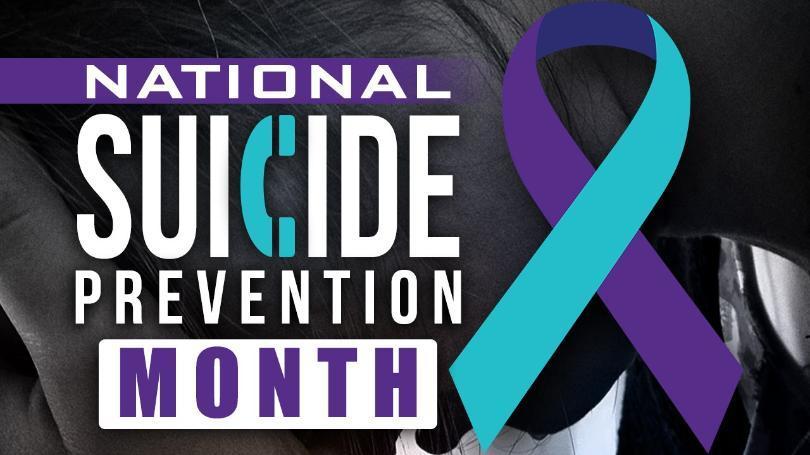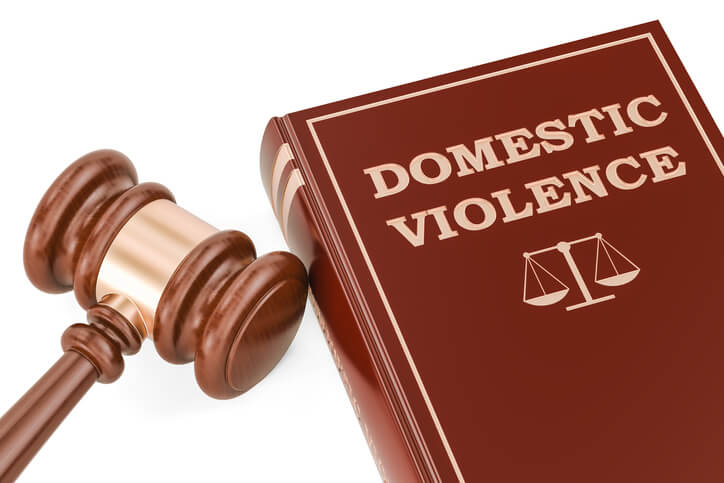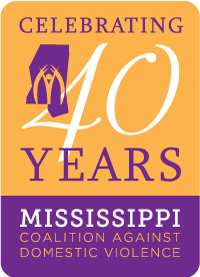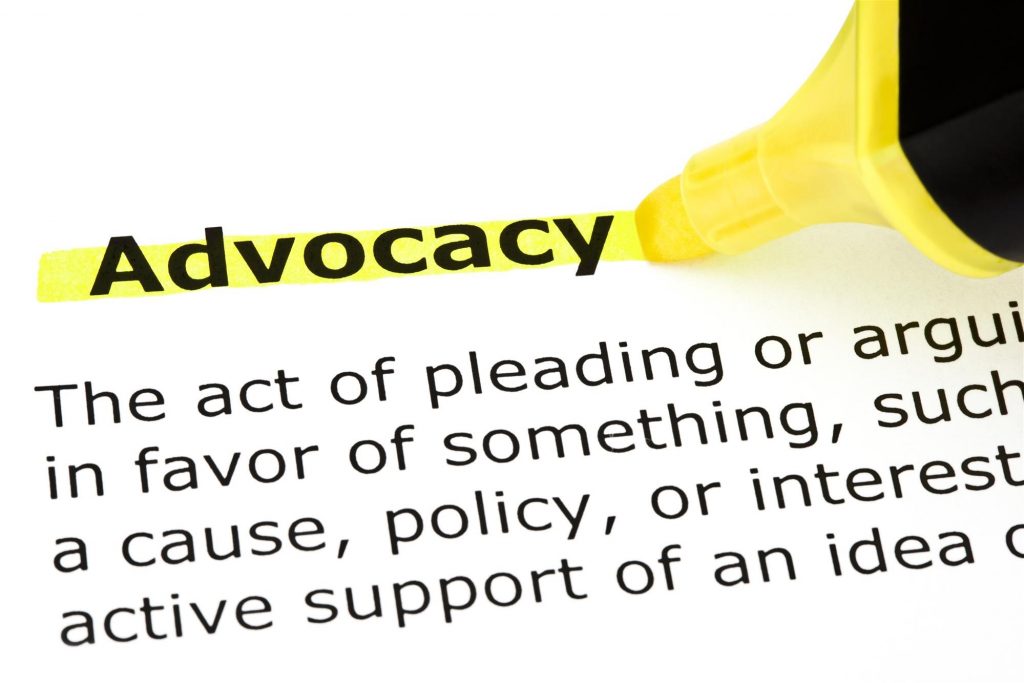September 2020 Newsletter

September is National Suicide Prevention Month. Throughout the month of September mental health advocates, prevention organizations, survivors, allies and community members unite to promote suicide prevention awareness. Suicide is the 10th leading cause of death in the United States for all ages. In Mississippi, suicide is the 13th leading cause of death. Suicidal thoughts can affect anyone regardless of gender, age or background.
Suicide and Intimate Partner Violence are closely linked. Studies have shown that survivors of intimate partner violence are twice as likely to attempt to commit suicide multiple times. The risk of suicide attempt is heightened when victims experience continuous abuse that leads to feelings of hopelessness and weakened self-efficiency. These feelings can be intensified when combined with a lack of support from family and friends. Murder-suicides can also result from domestic abuse. This usually happens when a spouse victimizes and hurts their partner or someone in their care. They then immediately take their own life. In most cases, distress, sense of entrapment and hopelessness arising from domestic abuse can sometimes cause victims to feel that suicide is the only way out.*
If you are worried that a loved one is thinking about suicide, reach out to them and listen to their story. Tell them you care about them and encourage them to seek help. If you are in distress and having thoughts of suicide, reaching out is the first step to safety. Below are links to dedicated services that are available to provide confidential support and crises resources.
*Intimate Partner Violence A Pathway to Suicide
The National Suicide Prevention Lifeline
American Foundation for Suicide Prevention
Additional Resources
Suicide Facts – S.A.V.E. (Suicide Awareness Voices of Education)
Crises and Suicide Prevention Resource List

Law Enforcement and Domestic Violence
When a victim is forced to leave their home because of violence or threats of violence, they are entitled to have a law enforcement officer go back to the home and assist in retrieving personal property necessary to the victim. This is a vital procedure until the matter can be handled in court. Officers are required to take the steps necessary to protect the victim from harm, but they are not required to accompany a victim to another city or county. The officer is required to advise victims of any sources available in the community such as shelter, medical care or counseling. If the victim needs transportation and it’s within the officer’s jurisdiction, the officer must provide this service.
When a victim calls for assistance in domestic violence, there are a couple of things that are helpful to know. First, an officer is mandated to make an arrest if they have probable cause to believe that domestic violence has occurred at any time during the last 24 hours. Probable cause is determined by interviews of victims, abusers and any eyewitnesses. A warrant is not needed for an officer to arrest a person for domestic violence. If there is a current protection order in place, the person violating the protection order should be arrested if the order has been violated. When an officer makes an arrest within the 24-hour period, the officer should file the affidavit on behalf of the victim.
The hardest thing for an officer to determine is who is the victim and who is the abuser. It’s difficult because a victim may have acted in self-defense and scratched their abuser. When this is the case, the officer must determine who is the “principal aggressor.” The principal aggressor is the person who is the most significant aggressor or who poses the most serious ongoing threat in the situation (it’s not always who hit first). The officer looks at things such as prior calls, arrest records, extent of violence, likelihood of further violence occurring if no arrest and observations of the parties. The only time both parties are arrested is when both are determined to be principal aggressors.
Lastly, officers are required by law to provide victims of domestic violence with a packet of information (The Crime Victim’s Bill of Rights). This packet contains information regarding the criminal justice system, a list of community services that may assist a victim, contact information for the law enforcement agency and prosecutor and other helpful information.

Thank You For Your Continued Support
MCADV would like to thank everyone for their support of our 40 for 40 Campaign. The fight is not over yet. We still need your help to reach our goal. Your Contribution to our 40 for 40 Campaign will make a difference in the fight against domestic violence.
Remember, a $40 donation will:
- Assist in making sure when a survivor calls, they get the help and resources needed.
- Support our efforts to bring awareness and educate the community about domestic violence.
- Underwrite trainings for advocates to increase the service delivery system for victims and survivors.
The goal of our 40 for 40 Campaign is to raise $40,000 so that we can better assist victims and survivors of domestic violence. We are asking supporters to donate $40 towards this goal. Being able to help victims and survivors of domestic violence get the support needed is one of many ways your donation will help in the fight against domestic violence.
To make your $40 donation click the link below. Be sure to put 40for40 in the notes.

The Magic of Gratitude
“Gratitude turns negative energy into positive energy. There is no situation or circumstance so small or large that it is not susceptible to gratitude’s power. We can start with who we are and what we have today, apply gratitude, then let it work its magic.” Melody Beattie, The Language of Letting Go
I’ve made it a point to bookend my days with gratitude, and to splatter grateful moments throughout the day. Why am I sharing this with you? Because I am certain I am not alone in dealing with a myriad of “unexpected’s” and “have-to’s” on a daily basis. Everywhere we turn, we are pommeled with staggering statistics or bombarded with unsettling news—things over which we have no control. Life demands that we keep it moving, that we keep adjusting. May I encourage you to remember that there are things over which we do have control?
As advocates, we stand on the frontlines to bring about social change through advocacy, technical assistance, and public awareness. We have the privilege to impact the lives of victims and survivors of interpersonal violence. We have the responsibility to raise awareness about the prevalence of unhealthy relationships and to shine the light on the characteristics of healthy ones. We have the opportunity to step away from our challenges in order to step up and come alongside those whose lives are riddled with uncertainty and emotional pain. We get to choose to fulfill these callings and to envelop them in gratitude. When we do, we become forces for change who turn negative energy into positive energy.
You are not alone! Together, we have the strength. So, take a deep breath, prioritize gratitude and let it work its magic.
Submitted by Paula Granger, MCADV Training Coordinator
Mississippi Shelters Are Open!
Even during these unprecedented times, our Shelter Programs are dedicated to providing emergency shelter and supportive services to domestic violence survivors. The crisis lines remain open 24 hours a day and shelters are serving clients while adhering to CDC guidelines. For more information on MCADV’s member shelter programs, visit our Shelter Help page here

Understanding Advocacy: A Dive into Issue Advocacy, Case Advocacy and Policy Advocacy
Victim Advocates across the state work endlessly to provide services and resources to victims of Domestic Violence, Sexual Assault, Stalking and Human Trafficking. Accompanying victims to court, securing Transitional or Permanent Housing, assisting with employment applications, and various other services are forms of advocacy. The key to effective advocacy is understanding which form of advocacy best fits the needs of your client and your service program.
Advocacy is a method or approach used to change policies and practices, reform institutions, change attitudes and behaviors in hopes of a broader impact for victims and survivors. There are three forms of advocacy: Case Advocacy, Issue Advocacy and Policy Advocacy. Case advocacy (often called casework) attempts to solve one person’s, one family’s, or one community’s problem at a time. For example, if a client’s family does not have clean running water in their home, we work with the local authorities to address this problem for their family and their home. This advocacy isolates one issue or problem and focuses on the methods and systems that affect a single issue.
Issue advocacy is about raising awareness around a broader problem or issue. This can include multiple micro issues that cause a macro or large impact in a community or system. If domestic violence or sexual assault is a concern for you community, but not being taken seriously by local law enforcement, launching a publicity and activism campaign about these problems to draw attention to them and, ideally, create change as a result. This form of advocacy is most common and can also be identified as awareness or educational outreach.
Policy advocacy is solution-based. Instead of solving a problem for one person at a time, or simply raising awareness about a problem, in policy advocacy we analyze the causes of a problem and develop policy-based solutions to address these in a manner that creates sustainable and enduring change. Policy advocacy refers to organized initiatives that seek to change official policy or legislation or the manner in which these regulations are applied. Policy advocacy efforts typically try to establish new policies, improve existing policies or challenge the development of policies that already exist.
Regardless of what form of advocacy advocates perform, it is important to perform it effectively. Effective advocacy takes true dedication, knowledge of trauma informed care, and relationships with decision makers in your community. Mississippi Coalition Against Domestic Violence appreciates the many advocates across the state of Mississippi who work day in and day out to meet the needs of victims of Domestic Violence, Sexual Assault, Stalking and Human Trafficking.
For more information and training on Systems Advocacy contact our Policy and Systems Coordinator by email at robin.jackson@mcadv.org or call 601.981.9196.
This publication was funded in whole or part through support from Grant No. 2019-DW-AX-0013, awarded by the Office on Violence Against Women, U.S. Department of Justice from the Violence Against Women Act Grant.
The opinions, findings, conclusions, and recommendations expressed in this publication are those of the authors and do not necessarily reflect the views of the U. S. Department of Justice.


